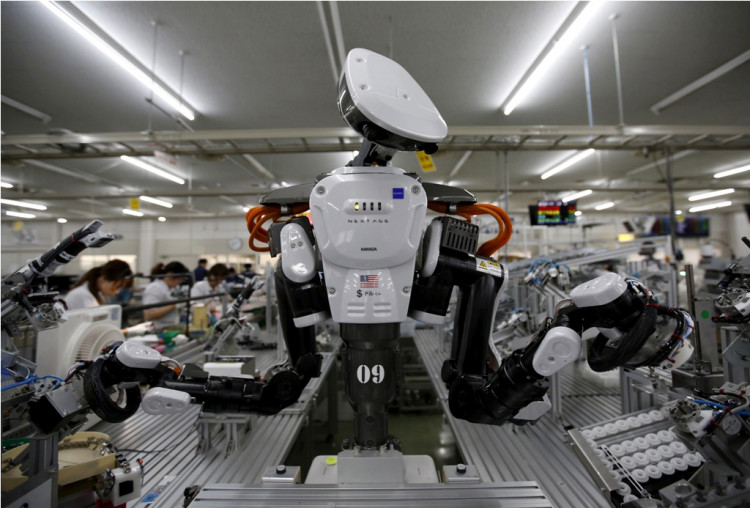Robotics is a branch of technology that has become a milestone in achieving advanced tech machinery that should help lessen human burdens. However, a new report indicated that robots could further add to the already chaotic unemployment crisis around the world.
According to CNN, a report by Oxford Economics that was released on Wednesday suggested that robotic machines can displace around 20 million manufacturing jobs in different regions around the world within the next 10 years.
While robots are fascinating and groundbreaking for many, they are largely learning more than what humans know. These machines are also being used as assistants in many sectors through artificial intelligence (AI).
If 20 million manufacturing jobs will be lost within a decade due to the increasing number of robots in the sector, around 8.5 percent of the world's manufacturing workforce will be lost to machines.
The world is already battling seriously with unemployment and with the rise of robots that could undermine the capabilities of human workers, the unemployment crisis will be worse if population growth surges unexpectedly.
The Oxford report further noted that robots are getting cheaper as the years pass. If robots become more affordable than human workers, many companies will transition to unmanned plants and factories.
In this scenario, workers who are scrambling to find jobs in manufacturing will be locked out of the industry, more factory owners will realize how robots can help save on labor costs as they can function in more ways than humans do, and human o h will be forced to upskill if they want to secure jobs.
The other side of robotics offers multiple opportunities for people and business owners. Automation and high-end robotics could pave the way for new industries to be introduced and productivity will be boosted.
The biggest problem, according to the Oxford report, is income inequality. Urban towns can adapt faster to automation and the rise of robots in the workplace but rural regions are expected to have a hard time transitioning. This will result in disproportionate incomes that could result in worker rallies and protests.
The Guardian further noted that every robot will allow 1.6 manufacturing jobs to be lost in the United Kingdom. A poll by the Fabian Society and the Community trade union revealed that six out of 10 British workers were not allowed to share their opinions regarding the use of high-end technology in the workplace.
It is unclear how robotics is viewed in other developing countries but for many established economies in the west, the adaptation of these technologies is not hard for business owners. The difficulty lies within workers who are faced with job uncertainty.





